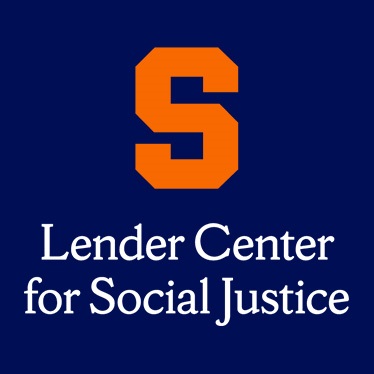Patterns of Earnings and Employment by Worker Sex, Race, and Ethnicity Using State Administrative Data: Results from a Sample of Workers Connected to Public Assistance Programs
Colleen Heflin, Taryn Morrissey
Race and Social Problems, July 2022
During the strong economic conditions that predated the COVID-19 pandemic, many U.S. workers, especially females and individuals of color, suffered from economic vulnerability. Despite growing research attention, we lack an understanding of how the prevalence and patterns of earnings and job instability vary with worker characteristics, particularly at the intersections between sex and race/ethnicity. This study uses longitudinal administrative data from a large, diverse state from 2015 through 2018 to document changes in earnings and jobs. We then examine variation in the size, frequency, and direction of these changes by worker sex and race/ethnicity among a subsample of workers who are connected to the public welfare system. Results indicate that, as expected, workers who are connected to the public welfare system experienced higher levels of economic vulnerability, but with substantial racial/ethnic and sex differences. As a consequence, a large number of workers—disproportionately those of color—were experiencing high levels of economic instability during a period of strong economic growth. Our findings have implications for policy and practice strategies.
Related News
Commentary

Dec 2, 2025
School News

Nov 25, 2025
School News

Nov 17, 2025

